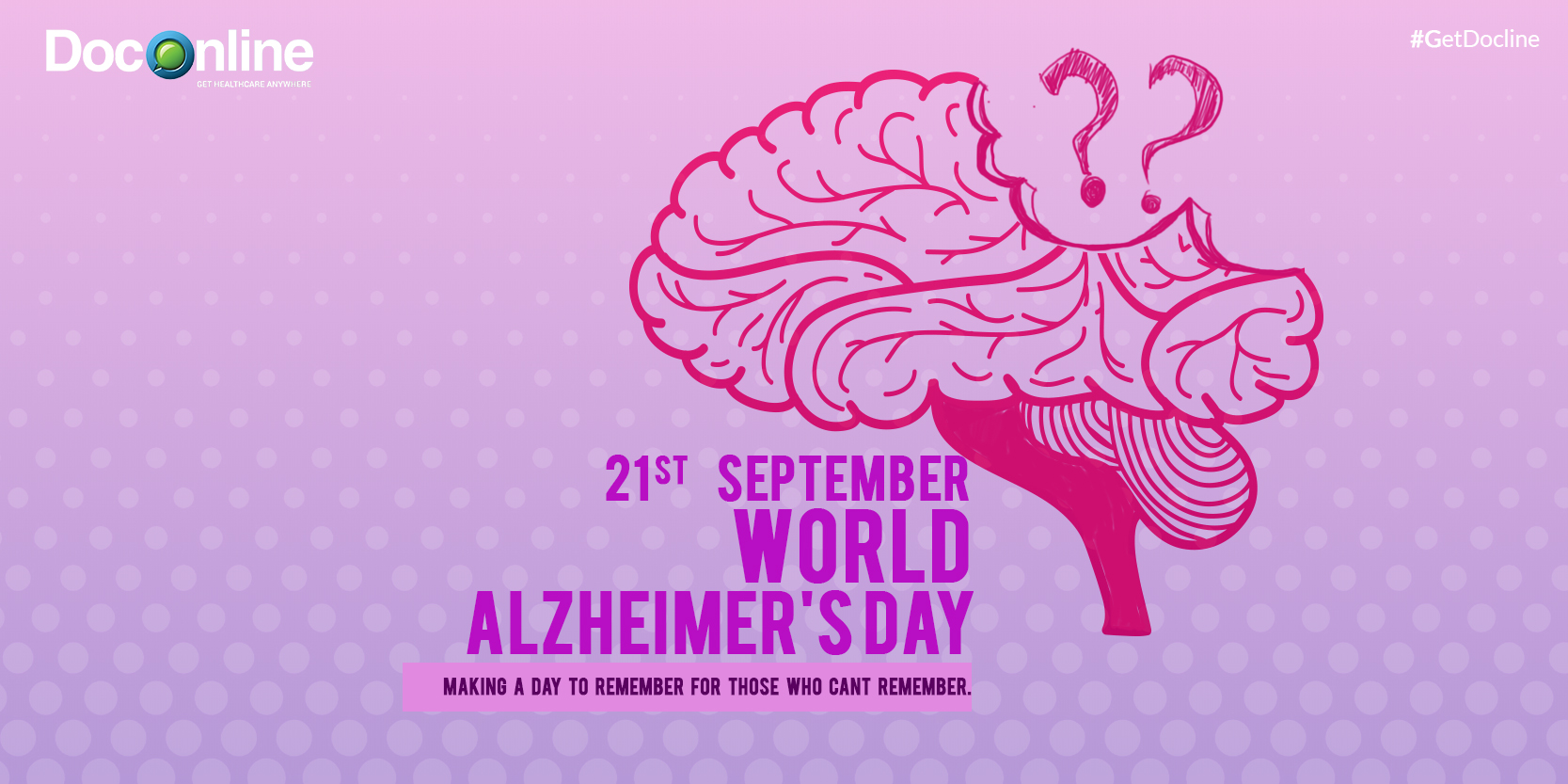Global prevalence :
It is estimated that approximately 44 million people across the world have Alzheimer’s related dementia. Its prevalence is high in Western Europe and North America and contributes as the 6th leading cause of death in the United States. It is most common between the ages 65 and 85 and the percentage of prevalence increases with increase in age. Women are more affected than men with this dementia. This discrepancy is because women are estimated to have a longer life expectancy than men on an average and older age is considered a risk factor for this disease.
Pathology Outline :
Alzheimer's disease is a degenerative, irreversible multifactorial disease. Interaction of various factors that includes age, genes, lifestyle, environment, trauma and co-existing morbidities like high blood pressure, diabetes develops this disease. Genetic mutations in three genes that code for amyloid precursor protein (APP), presenilin 1 and presenilin 2 develop Alzheimer’s disease. Individuals with these mutations may develop symptoms of dementia even at an age of 35 years. However, less than 1 percentage of population present with early onset of Alzheimer’s. Although family history is not necessarily a significant factor to cause the disease, family history of Alzheimer’s carrying APOE-e4 poses highest risk for late-onset Alzheimer’s. As the risk factors like age, genetics cannot be changed, there are few factors that can be modified to halt the disease progression. Recent studies have proved that controlling cardiovascular risk factors such as hypertension, diabetes, smoking, obesity that contribute to the disease reduce the risk of cognitive decline.
Signs and Symptoms :
Most common and early sign of this disease is dementia for recently learned information like forgetting names, dates, events, appointments. Later stages include symptoms like Difficulty in concentrating and taking more time in completing simple tasks, trouble in understanding seasons, disorientation, misplacing things, poor judging, confusion, impaired communication, withdrawal from social activities, depression and eventually they find difficult to speak, walk and even swallow.
Changes in Brain :
The hallmark of what we find on autopsy of Alzheimer’s brain are plaques and tangles. This is due to accumulation of beta amyloid outside the neurons in brain and twisted strands of the protein tau inside the brain.
Battle Alzheimer's with precautions:
Early detection of symptoms may alert an individual to halt the progression to some extent. Though there is much to be discovered on how to stop the disease from occurrence, recent studies suggest that modifications in lifestyle can slowdown the deterioration in people who have been diagnosed with mild cognitive impairment. As we cannot stop from aging and not much can be done to our genes, there is a scope to control the disease by maintaining a good lifestyle and thereby reducing the disease attributing cardiovascular risk factors.
Regular exercise : increases the blood flow and oxygen supply to the brain. This stimulates the brain cells to be more active, eventually reducing the further damage. Exercising for at least one hour a day is must and proved as beneficial strategy.
Maintaining posture and balance : As head trauma aggravates the disease, it is important to maintain balance while walking as the older age group are at greater risk of falls/head injuries. Coordination exercises and maintaining good posture can help to remain agile and fit.
Maintain healthy diet : Research studies suggest a strong association of diabetes with Alzheimer's disease. Therefore, it is important to control sugar levels in blood by restricting sugars in diet and avoiding transfat. Switching to Mediterranean diet that includes fresh vegetables, fruits, beans, whole grains, fish, olive oil and foods rich in omega 3 fatty acids is an efficient way to control diabetes and other cardiovascular risks.
Avoid smoking and alcohol consumption
Involve in social activity : Engaging in social activities is protective for Alzheimer's disease. This can be achieved by volunteering or joining a social club, interacting with people in parks, through emails or any social networking sites, enjoying peer company in group classes etc. In doing so, mental stimulation occurs that aids in strengthening the neuronal connections inside the brain.
Repetition : Memorizing names, numbers by repeatedly practicing them and by indulging in solving some puzzles and learning something new keeps brain cells more active.
Quality sleep : It has been emphasized by many scientists that the amyloid plaques and protein tau interfere with the sleep and individuals complain of insomnia in Alzheimer's. Sleep problems can be fought by implementing a time schedule for sleep and abstinence from mobile phones, laptops before sleep can improve the quality of sleep.
Avoid stress and anxiety : As stress takes a big toll on brain cells, it leads to anxiety. Thus, it is better to stay positive, calm and have inner peace.
For more details on arresting Alzheimer’s for a loved one, you may undertake a doctor consultation and have your doubts clarified.
~Memories matter!













